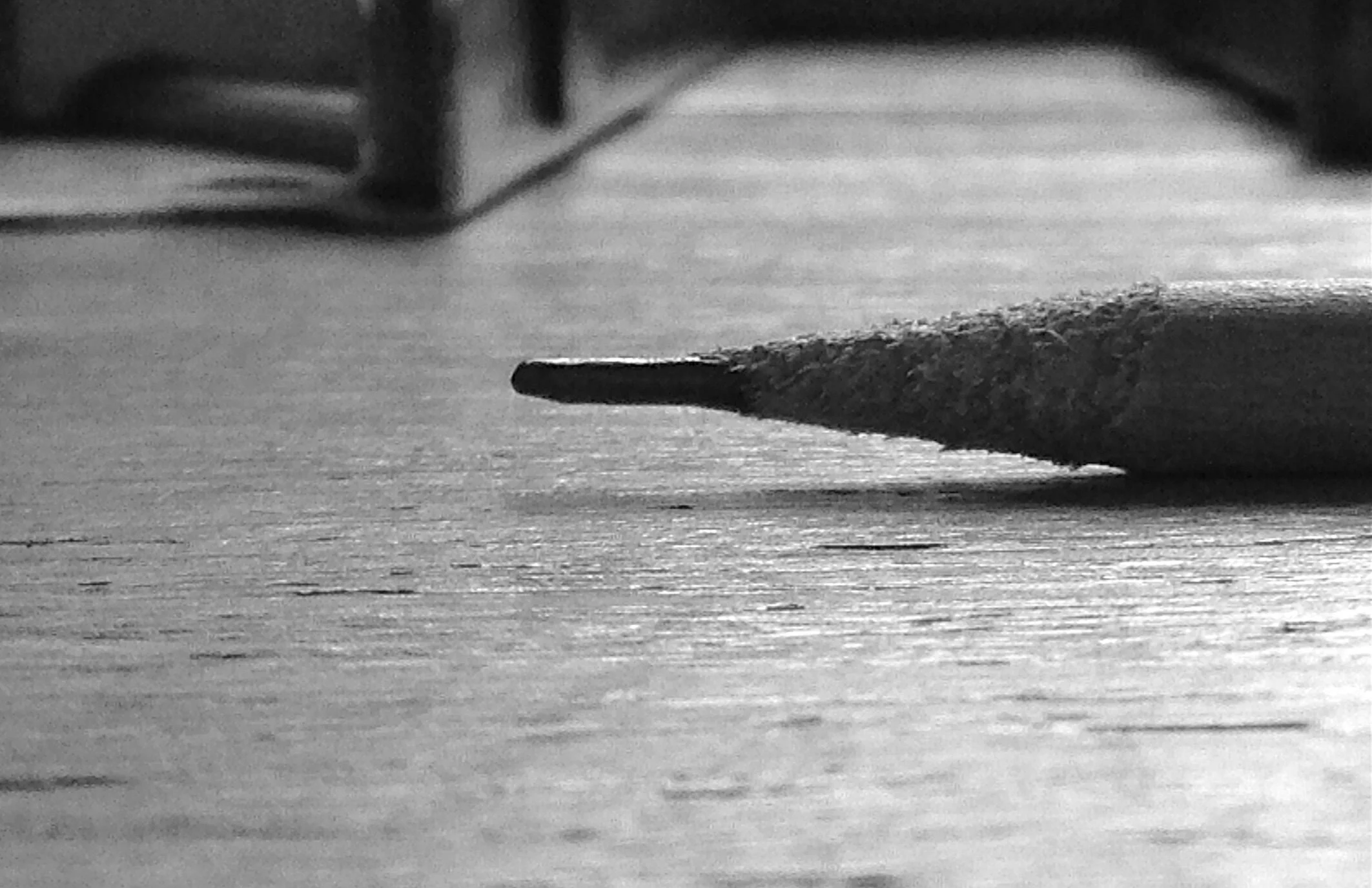Legally Blonde
/Bend and snap.
~ Elle
quick fox: C+ | Copper
winding dragon
Sometimes I wonder about how creators pitch their ideas to film producers to get financial support. For example, if Robert Zemeckis had gone to Paramount and tried to sell them a movie concept about a “slow-witted man who runs a lot,” chances are Forrest Gump wouldn’t have been able to find out that life is like a box of chocolates. And in the case of Legally Blonde, saying that the film is about a “Californian sorority president who enrolls in Harvard to stalk her boyfriend” might not be the best tagline to use.
But that’s exactly what happens, and it sort of…works?
I’m going to be perfectly honest here—I still don’t know whether I actually like the film or if I just want to like it. Like everyone else I love a good comedy, so I began watching “Legally Blonde” expecting something within the hilarity range of Clueless” or Mean Girls, but I found myself not laughing—and not as hard—as often as I thought I would. That doesn’t mean it wasn’t a funny film; I just think it lost out on some opportunities.
Here’s what I mean: the plot is set up beautifully. To expand on my tagline from earlier, Elle (Reese Witherspoon) is a fashion major and sorority president in Southern California. But after her boyfriend Warner (Matthew Davis) breaks up with her because she doesn’t fall in line with his political pursuits, Elle follows Warner to Harvard Law School to prove to him she’s more than just a hopeless optimist. At Harvard, she makes a rival out of Vivian (Selma Blair), and allies in Emmett (Luke Wilson) and Paulette (Jennifer Coolidge), defying the odds to take on a dramatic court case and prove her worth to her peers.
The premise has many golden moments they can exploit—West Coast vibrant personality clashing with the uptight East Coast, romantic entanglements, and the chaotic college atmosphere. Sometimes these work quite well, like when Elle attends her very first class at Harvard or cross-examine a witness at the film’s pivotal moment, but other times it feels convenient or rehashed. I think the main problem is that the movie plays it safe. The situations are predictable—just because somebody acts differently, doesn’t mean their actions are surprising. The characters are all stock figures or stereotypes, which is fine in a comedy if the audience finds it humorous, but if the audience doesn’t—like me with Paulette—the humor falls flat on its face.
The best part of Legally Blonde is undoubtedly Reese Witherspoon’s acting. She portrays Elle as such a sweet, bubbly person that it’s impossible not to like her, even in some of her more naïve moments. The movie also does a good job with making Elle’s prospective career in law believable, because even though she can be slightly ditsy, she is also intuitive, witty, perceptive, and strong-willed. One of my favorite aspects to her character is that she works for what she gets. When the professors humiliate her in front of the class for not knowing basic law theories, she immediately studies hard to show she belongs as much as the next student.
Overall, I did like the film. It’s light-hearted, fluffy, and takes it itself just seriously enough so that the audience can relate to Elle. It’s enjoyable cheesy, and I will admit that it’s very possible some of the parody and humor went right over my head. At the very least, I learned that next time I need a confidence boost, all I need to is put on my best hot-pink power suit.
